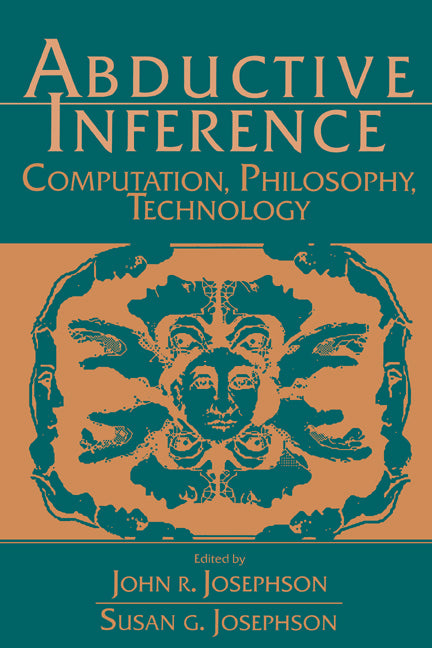Freshly Printed - allow 6 days lead
Couldn't load pickup availability
Abductive Inference
Computation, Philosophy, Technology
This book analyses abduction as an information-processing phenomenon.
John R. Josephson (Edited by), Susan G. Josephson (Edited by)
9780521575454, Cambridge University Press
Paperback, published 28 August 1996
320 pages, 59 b/w illus.
22.7 x 15.2 x 1.6 cm, 0.434 kg
'The book provides a good general introduction to the effort of building abductive systems …'. Hilan Bensusan, AISB Quarterly
This book is about abduction, 'the logic of Sherlock Holmes', and about how some kinds of abductive reasoning can be programmed in a computer. The work brings together Artificial Intelligence and philosophy of science and is rich with implications for other areas such as, psychology, medical informatics, and linguistics. It also has subtle implications for evidence evaluation in areas such as accident investigation, confirmation of scientific theories, law, diagnosis, and financial auditing. The book is about certainty and the logico-computational foundations of knowledge; it is about inference in perception, reasoning strategies, and building expert systems.
Introduction
1. Conceptual analysis of abduction: what is abduction?
2. Knowledge-based systems and the science of AI: 3. Two RED systems
4. Generalizing the control strategy
5. More kinds of knowledge: TIPS and PATHEX/LIVER TIPS
6. Better task analysis, better strategy
7. Computational complexity of abduction
8. Diagnostic systems MDX2 and QUADS
9. Practical abduction
10. Perception and language understanding
Appendices.
Subject Areas: Artificial intelligence [UYQ], Philosophy of science [PDA], Cognition & cognitive psychology [JMR]


